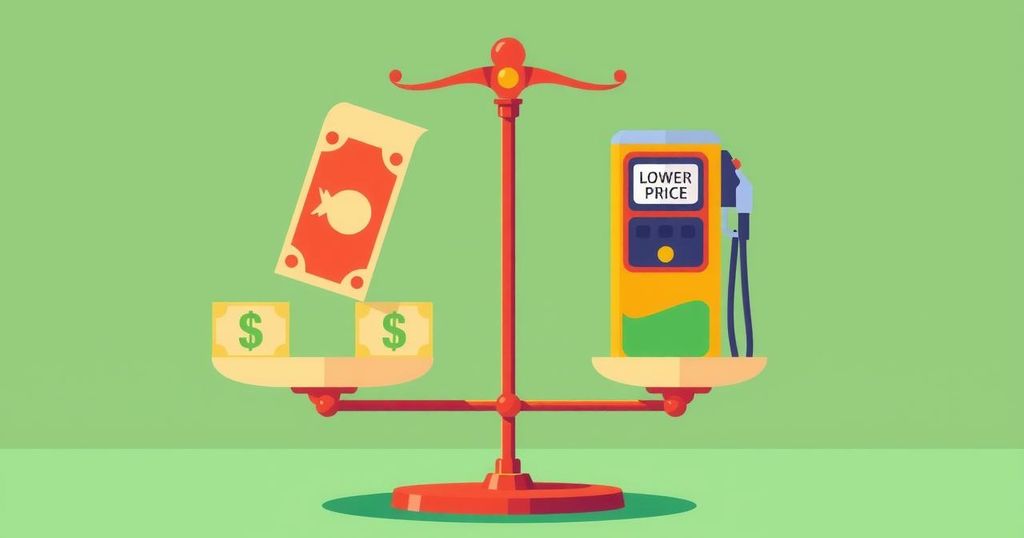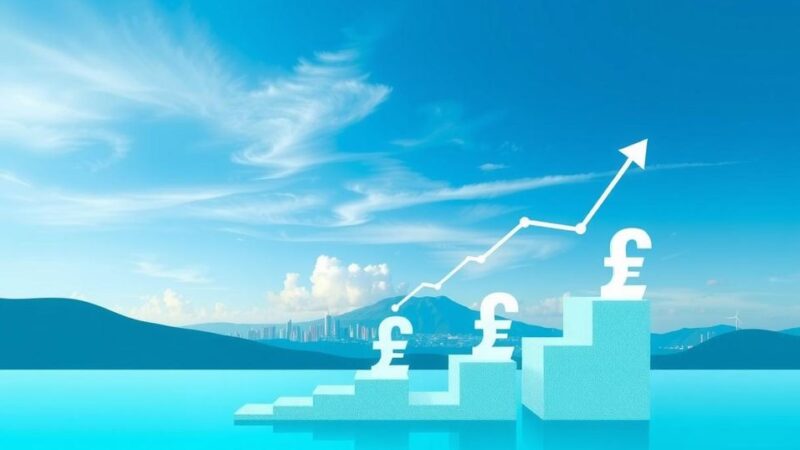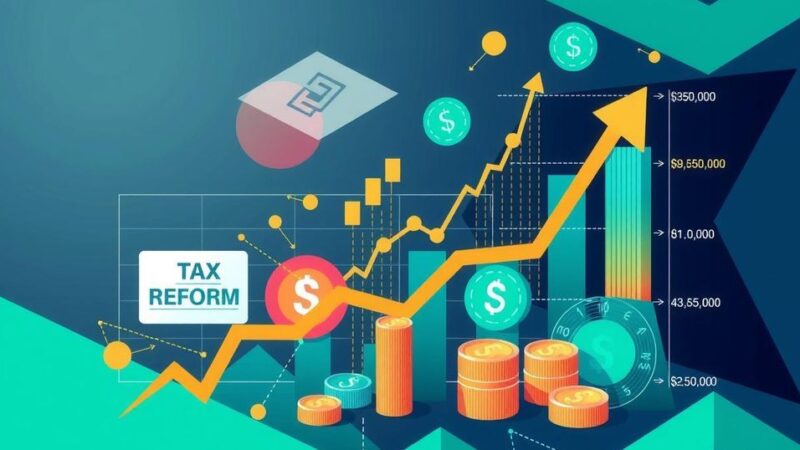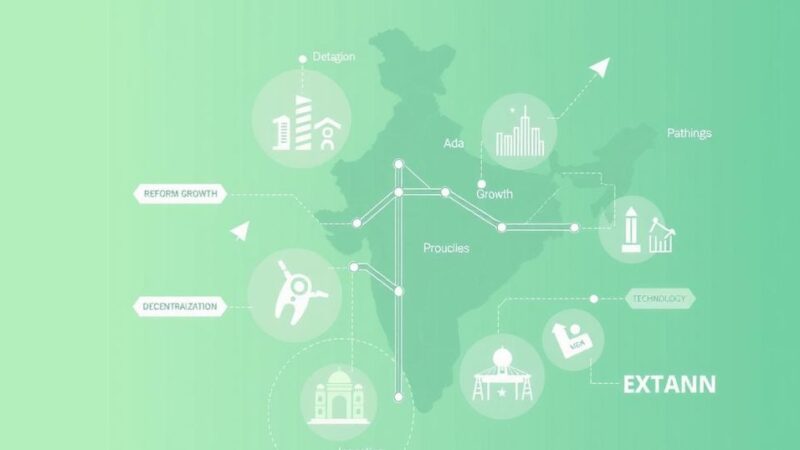Nigeria’s inflation decreased to 23.18% in February 2025, influenced by a CPI rebase, stable naira, and lower fuel prices. Diesel prices dropped by 33% thanks to increased output from the Dangote Refinery, while food inflation slightly eased to 23.51%. However, inflation may rise again by April due to global pressures, with interest rates held steady at 27.5%.
In February 2025, Nigeria’s inflation rate decreased to 23.18% from January’s 24.48%, as reported by the National Bureau of Statistics. This decline can be attributed to a rebase of the Consumer Price Index (CPI), decreased fuel costs, and a relatively stable value of the naira. Notably, diesel prices fell by 33% due to enhanced production from the Dangote Refinery, while petrol prices remained unchanged.
Food inflation also showed a minor improvement, decreasing to 23.51% from January’s 24.08%. Despite this modest relief, analysts express concerns that inflation may increase again by April due to pressures from the global economy. The Monetary Policy Committee held the interest rates steady at 27.5% after reviewing the recent macroeconomic conditions.
Nigeria experienced a reduction in its inflation rate in February 2025, attributed to lower fuel costs and a more stable naira. While there was slight relief in food inflation, concerns remain about a potential rise in inflation due to global economic factors. The Monetary Policy Committee’s decision to maintain interest rates suggests a careful approach to managing these economic dynamics.
Original Source: www.africa.com






